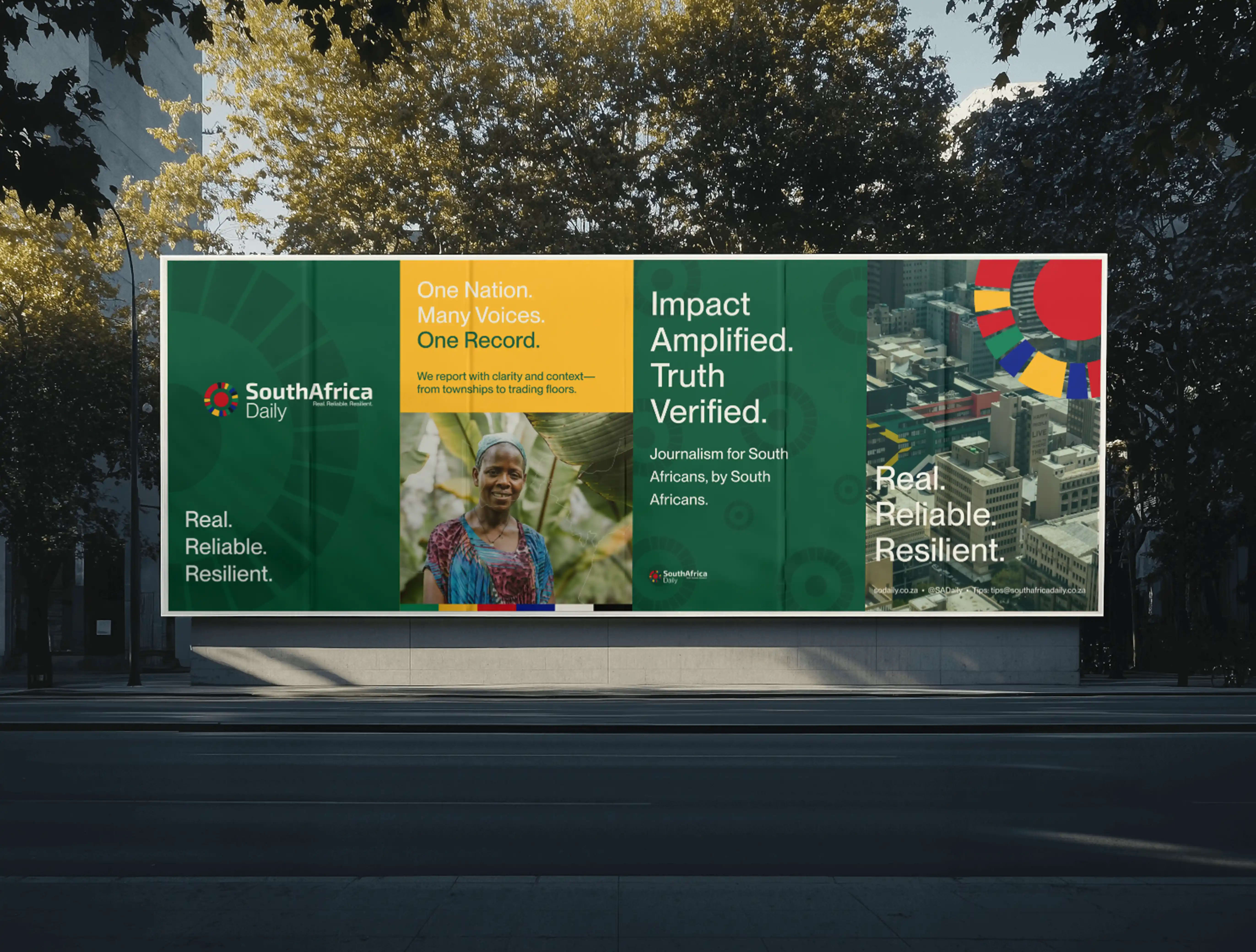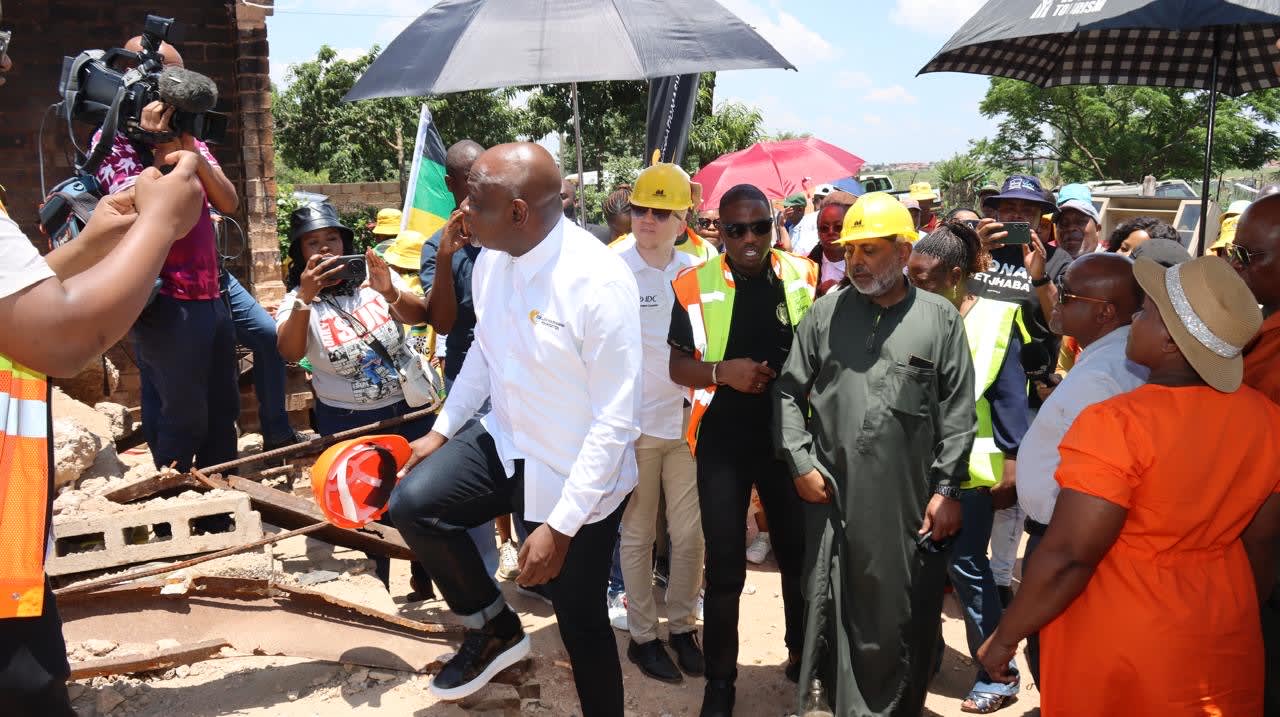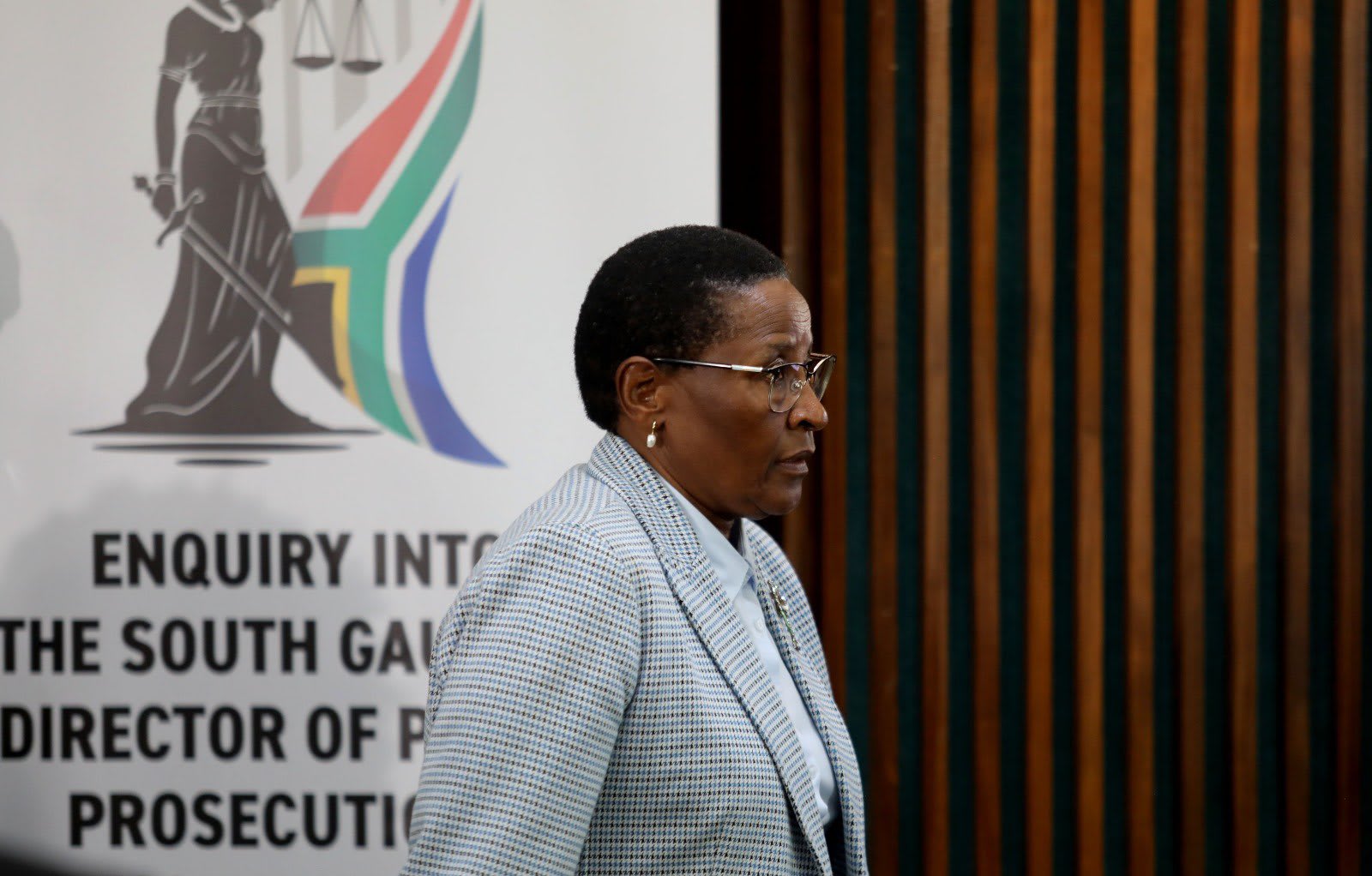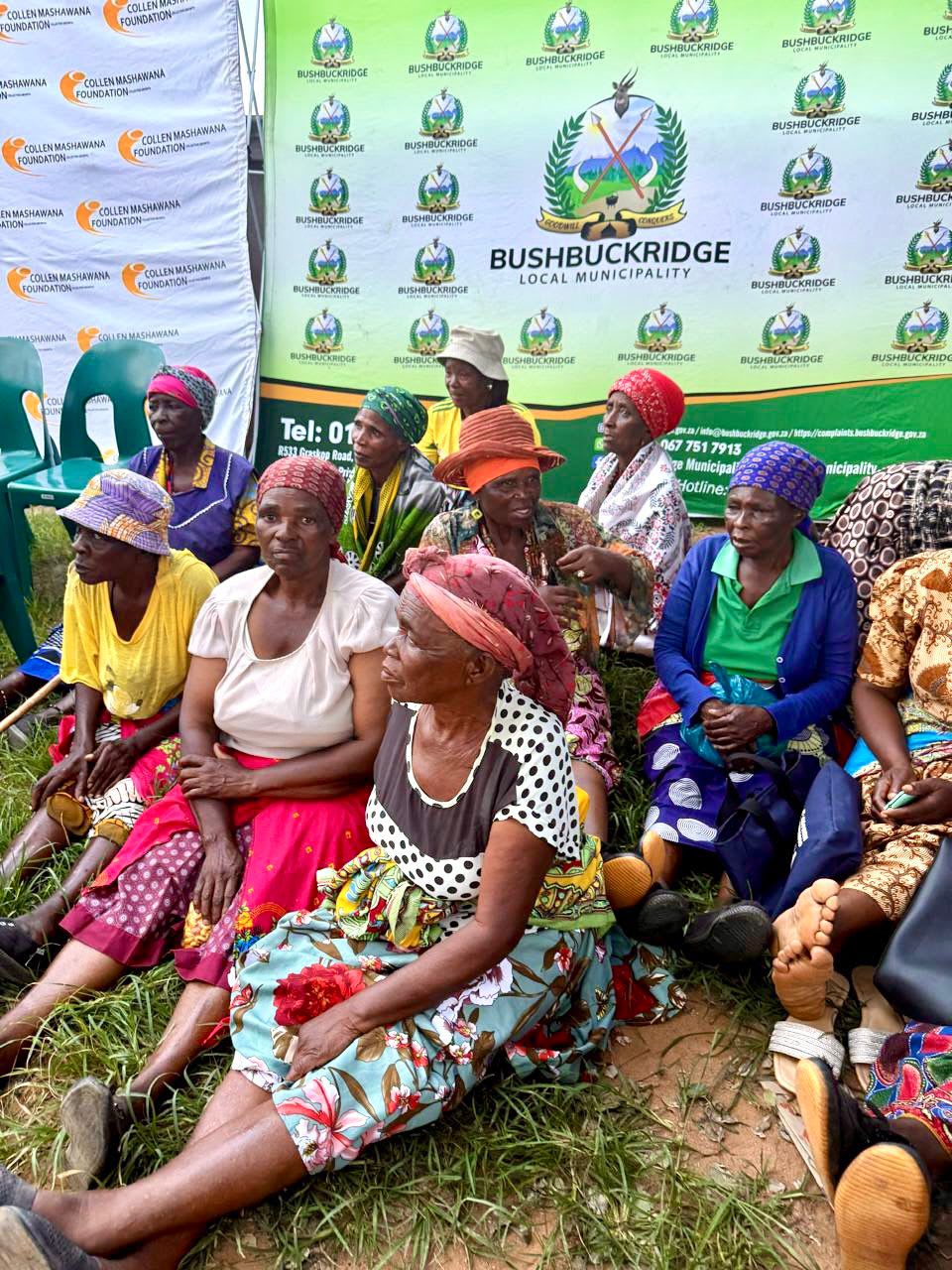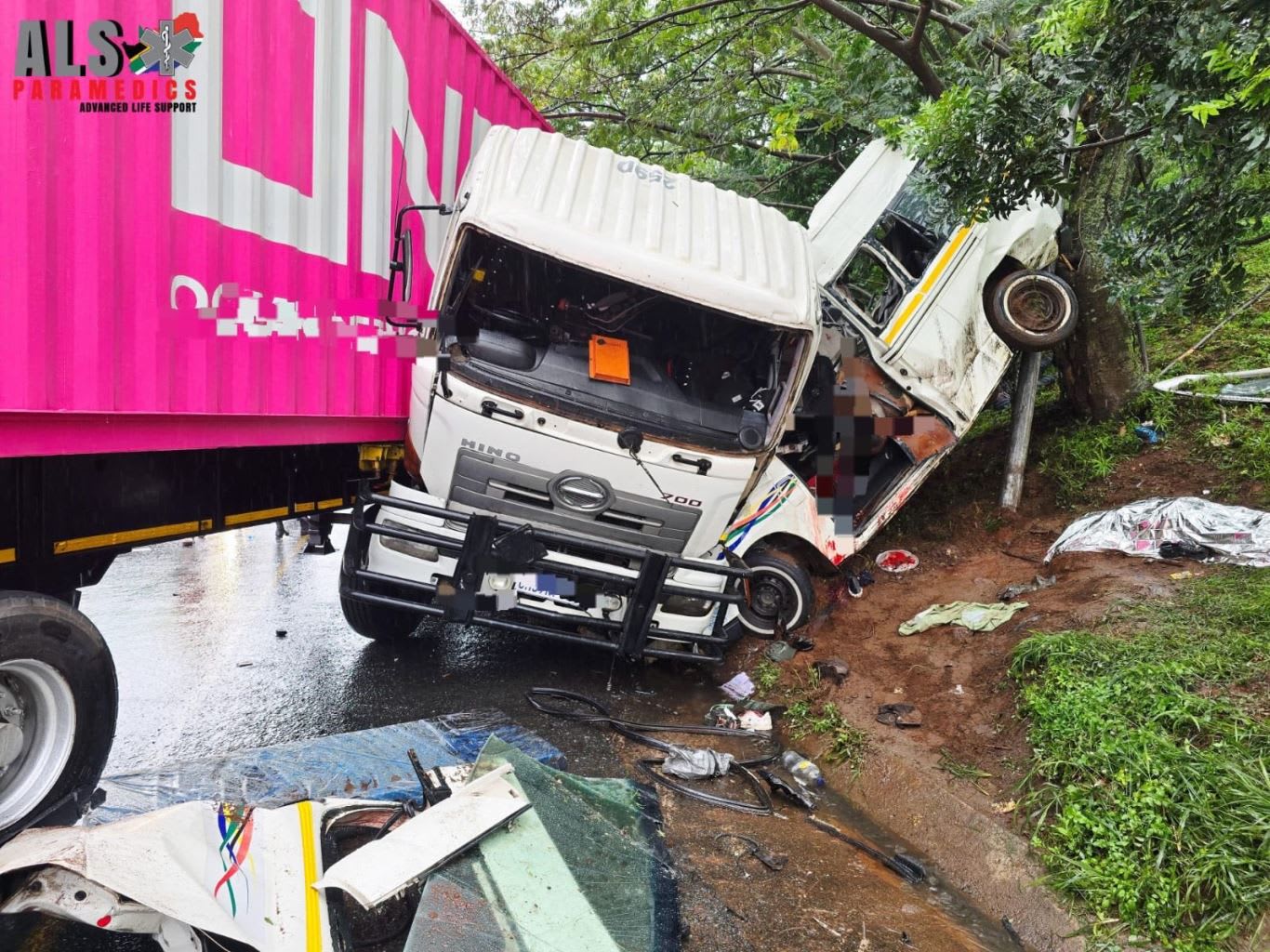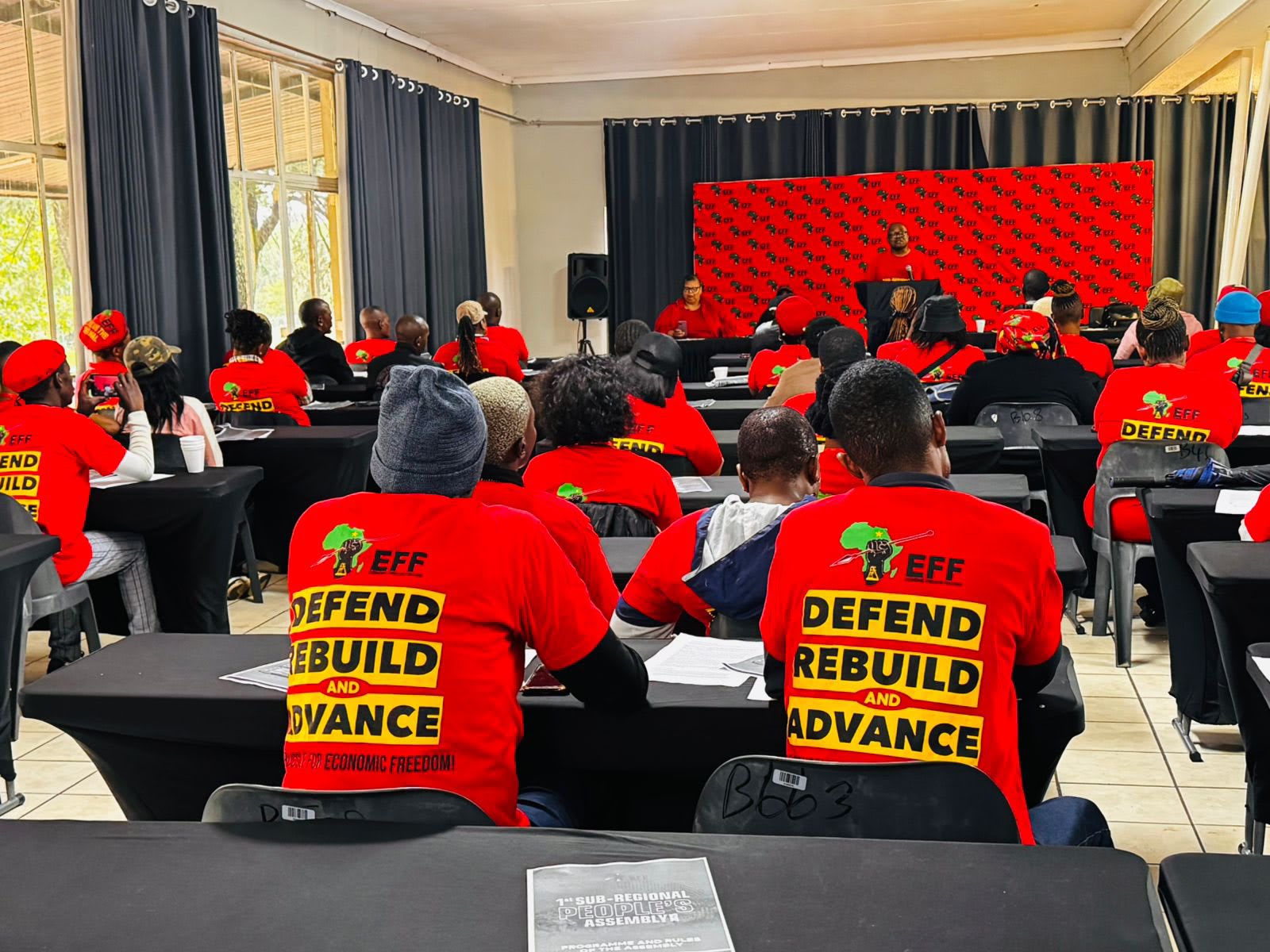Health
1Min
South Africa
Nov 3, 2025
Parliament’s Portfolio Committee on Water and Sanitation has urged authorities to act swiftly and communicate clearly to prevent panic following reports of rising typhoid cases in Hammanskraal and Bronkhorstspruit, in the City of Tshwane.
Parliament’s Portfolio Committee on Water and Sanitation has urged authorities to act swiftly and communicate clearly to prevent panic following reports of rising typhoid cases in Hammanskraal and Bronkhorstspruit, in the City of Tshwane.
Committee chairperson Leon Basson said while the city, the Department of Health and the National Institute for Communicable Diseases (NICD) are working together to trace the source of the outbreak, authorities must ensure communities are kept informed.
“In the context of the recent cholera outbreak in the area and the fact that the source was never officially confirmed, it is critical that stakeholders effectively communicate to allay fears within the community,” Basson said.
“While we don’t want to pre-empt the investigative work, it remains critical that quality and safe drinking water is always provided to citizens. This is their constitutional right.”
Basson noted that although water is not the only source of Salmonella Typhi, the bacterium that causes typhoid fever, South Africa’s wastewater treatment facilities often fail to meet minimum quality standards as set out in SANS 241. He called on both the city and the Department of Water and Sanitation to intensify water testing and monitoring to rule out any link between the water system and the outbreak.
“It is important that those tests are ramped up to reassure users that they have clean drinking water. Above all, effective communications will ensure that there is no mass panic within the city,” he said.
Basson added that the situation in Tshwane should serve as a warning to authorities to improve planning and address corruption that undermines service delivery.
“In a country with technical skills and resources, such occurrences highlight the impact of poor planning and endemic corruption on the entire system,” he said.
Once the ongoing investigation by the City of Tshwane, the NICD and the Department of Health is completed, the committee will request a detailed report to strengthen oversight and prevent similar outbreaks in future.
Last week, the City of Tshwane confirmed an increase in laboratory-confirmed typhoid cases in Hammanskraal and Bronkhorstspruit. However, preliminary tests of drinking water have not found an epidemiological link to the infections, nor identified the source of contamination.
The city said routine water quality tests continue across its network and no detection of Salmonella Typhi has been recorded to date.
“The city maintains stringent monitoring and testing protocols to ensure that all treated water supplied to residents complies with the South African National Standard (SANS 241) for drinking water,” said the City spokesperson Lindela Mashego.
The City urged residents to avoid using untreated river or borehole water and to adhere to basic hygiene practices such as washing hands with soap and safely storing water.

